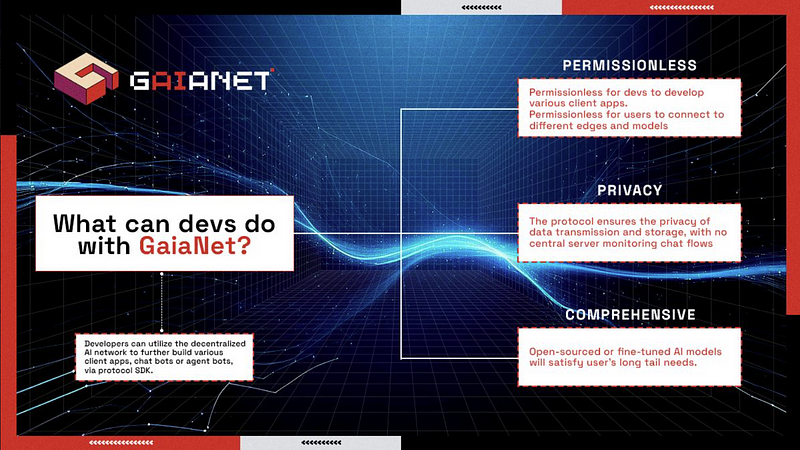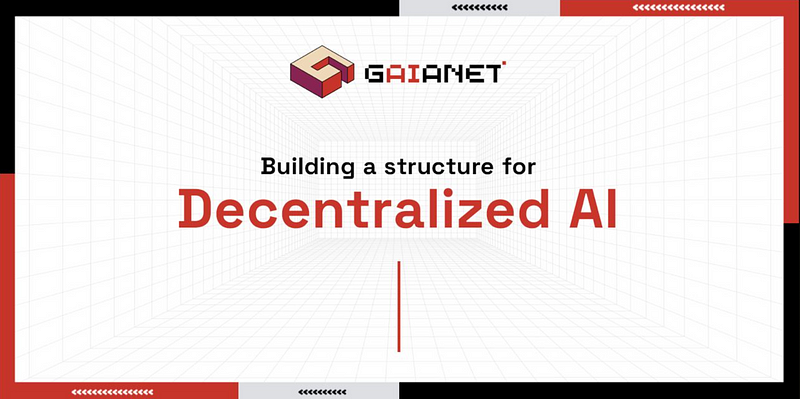Revolutionizing Resource Allocation and Incentive Mechanisms in Decentralized AI
In the era of centralized control over AI networks, the advent of decentralized AI (DeAI) represents a paradigm shift, offering new…

In the era of centralized control over AI networks, the advent of decentralized AI (DeAI) represents a paradigm shift, offering new opportunities to transform resource allocation and incentive mechanisms. Rather than relying on traditional models of centralized governance, DeAI networks empower individuals and communities to shape the future of AI technology, driving innovation, collaboration, and inclusivity.
DeAI networks present a unique opportunity to revolutionize resource allocation, moving away from centralized control and towards a more inclusive and transparent approach. By decentralizing decision-making processes, these networks enable stakeholders to collectively determine how resources are allocated, ensuring that they are distributed fairly and equitably based on merit and contribution.
Despite skepticism, DeAI presents a promising solution to challenges in resource allocation and incentive mechanisms. While complexities exist, decentralized systems offer transparency, inclusivity, and resilience in a way centralized systems, by design, cannot.
At the heart of the DeAI movement lies a desire to empower collaboration and innovation across the network. By harnessing the collective wisdom and expertise of a diverse community of participants, DeAI networks foster an environment where ideas can flourish, solutions can be co-created, and breakthroughs can be achieved. This collaborative ethos promotes inclusivity and diversity, enriching the AI ecosystem with a wide range of perspectives and insights.
While the potential of DeAI is vast, designing effective incentive mechanisms presents a significant challenge. Unlike traditional centralized systems, DeAI networks must navigate complex economic, social, and technical dynamics to ensure that incentives align with desired outcomes. This requires careful consideration of many factors such as governance structures, and community engagement strategies to incentivize active participation and foster long-term sustainability.
Addressing this challenge requires a holistic approach that leverages the strengths of decentralized technologies, such as blockchain and smart contracts, to create transparent, auditable, and tamper-resistant incentive mechanisms. By incorporating principles of decentralization, transparency, and accountability into the design of incentive systems, DeAI networks can promote trust, fairness, and collaboration among participants.
As we navigate the complexities of designing DeAI networks, it is essential to remain guided by a shared vision of empowerment, innovation, and progress. By embracing the promise of DeAI, we can unlock new possibilities for resource allocation, incentive mechanisms, and governance structures that promote transparency, fairness, and inclusivity. Together, let’s chart a course towards a future where DeAI empowers individuals, fosters collaboration, and drives positive change for society as a whole.
Contact Info:
GaiaNet@wachsman.com

About GaiaNet.AI
GaiaNet is a decentralized network that provides secure, censorship-resistant, and monetizable AI agents that incorporate each individual’s proprietary knowledge and skills while preserving privacy.
Instead of setting up centralized servers, GaiaNet is building a distributed network of edge-computing nodes controlled by individuals and businesses, to host fine-tuned AI models, based on the node operator’s proprietary domain knowledge and expertise.